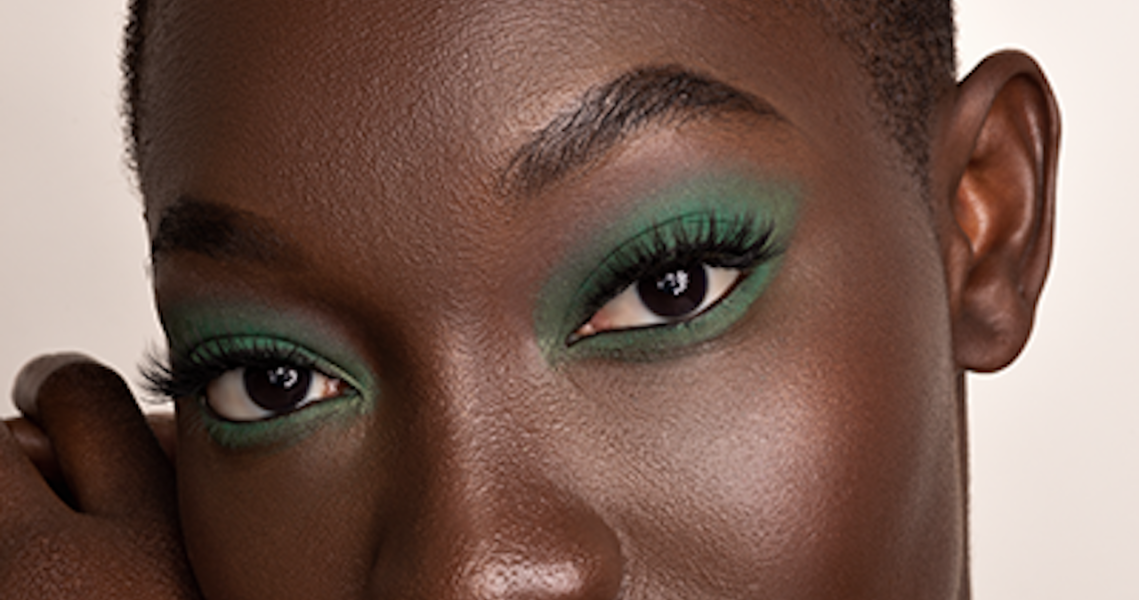Imagine a world where runway models show up to a fashion show where no one can do their hair and makeup, or actresses do their hair before they get to set to avoid constant hairdresser mishaps. In the entertainment, fashion and editorial industries, these are actual common experiences that Black talent faces, despite the many diverse beauty professionals for hire.
Beauty professionals Simone Tetteh and Maude Okrah have been working to change that since the June 2020 announcement of the Black Beauty Roster, a platform offering a directory of beauty professionals of color. These BIPOC stylists, makeup artists and other professionals are skilled in working on all skin tones and hair textures for photo shoots, film shoots and red carpet events. Membership is free and professionals need to apply to be approved. On February 28, the founders will host a daylong virtual summit in partnership with L’Oréal Paris and Showtime to create awareness and to discuss solutions to this issue. Speakers will include actress Gabrielle Union, celebrity hairstylists Vernon François and Larry Sims, Beyonce’s makeup artist Sir John, model Mamé Adjei, and makeup artist and beauty founder Danessa Myricks. Other participating companies include Tresemmé and Warner Brothers.
“Unfortunately, in the editorial world and in the more standard beauty world, women of color are not really factored in,” said Tetteh. “A lot of beauty professionals aren’t super skilled in textured hair, or don’t always have the right foundations for for darker skin tones and complexions.”

In 2017, Tetteh and Okrah founded Bonnti, an on-demand concierge app for beauty services for people of color. They started Black Beauty Roster in response to demand in the entertainment industry, after noticing many celebrities using the Bonnti platform.
“We knew the beauty professionals struggle, because we lived it,” said Okrah. “A lot of them felt as though they were having trouble breaking into the industry, or they were pigeonholed as only doing texture when they can do all textures and complexions.”
Celebrities have increasingly exposed discriminatory practices. In May 2020, Gabrielle Union spoke out about her experience as a judge on “America’s Got Talent,” telling Variety that the show hired a beauty team lacking “the necessary skill set to provide adequate services to all of that diversity that you are touting.”
Ad position: web_incontent_pos1
“We’ve talked to actors who cried in their trailers because they show up to set, and they look terrible, and it impacts their performance,” said Okrah.
One major issue is the fact that cosmetology schools do not require expertise on all hair types for licensing. “There’s just that implicit bias in what it takes to get certified,” said Okrah.
Tetteh added, “There needs to be quite a few changes in the cosmetology industry, as well as the schools. We’ve been talking to some cosmetology schools, which were open and willing to understand where we’re coming from, but it’s beyond understanding now — it’s putting that action into place and making some changes.”
Okrah and Tetteh have also founded the platform to create career opportunities for beauty professionals of color. The roster will feature a range of tiers of stylists and makeup artists, ranging from established celebrity creatives to up-and-coming names. For professionals early in their careers, BBR offers education on how to navigate their careers through its Accelerate program.
“A lot of the Black hair stylists or makeup artists may be second assistant or third assistant, [meaning they] may not be able to add that editorial shot into their portfolio,” said Tetteh.
Ad position: web_incontent_pos2
“There’s pushing for diversity in front and behind the camera. The behind-the-camera conversation is one that is coming more to light,” said Okrah. “There’s so much going on, and if you can make it easier to access information, you can make it easier to access talent. We believe that’s going to make really fundamental changes in the industry.”




